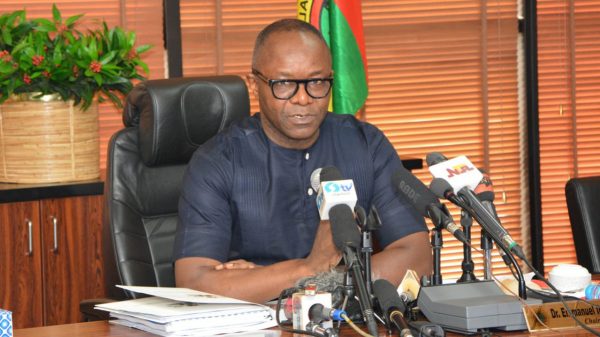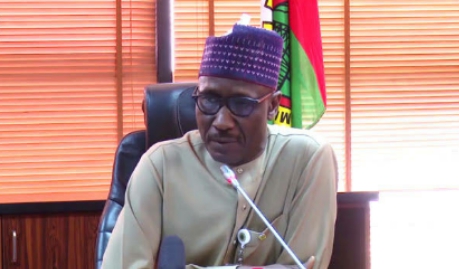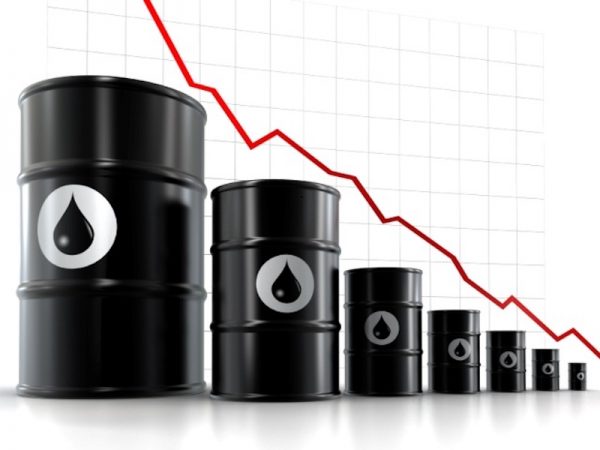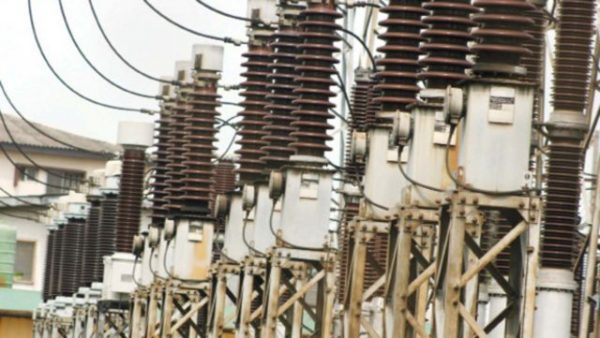Nigeria, others’ crude-spot dwindles as traders await new programmes

Spot activity dwindled on Monday as traders awaited the new March Nigerian and Angolan loading programmes that are expected to emerge this week, while India’s IOC mopped up some cargoes via a tender.
Less than five cargoes of Angolan crude remained from the February programme.
BP was said to be offering a cargo of February-loading Nigerian Escravos at dated Brent plus $2.10 a barrel, according to a Reuter’s report.
Vitol was said to be offering a cargo of Bonny Light at dated Brent plus $2 a barrel.
India’s IOC awarded its March 1-10 tender to Total and Chevron, traders said, for two VLCCs. Chevron was said to be sending Agbami and Escravos while Total would be sending a cargo of Nigerian Akpo and another grade that was not known.
India’s IOC issued a new tender for March 22-31 loading that closes on Jan.uary17.
The demand for Nigerian crude by European customers is currently boosting market activities in West Africa, and this is expected to increase given the demand for energy in Europe.
Oil traders, on January 10, also confirmed rising demand for Angolan cargoes by Chinese independent refiners.
Angola’s state oil company Sonangol sold its two February-loading Dalia cargoes last week as well as an extra cargo of Palanca. The Dalia sold after offers at dated Brent minus 50 cents a barrel.
A drop in freight rates for shipping West African crude to China is partly behind the pickup, but predominantly, it is the so-called teapots that have started stocking up again after a lull during December, traders said.
The benchmark ‘very large crude carrier’ rate for the West Africa-Asia journey is around its lowest since September, having hit three-year highs in November, which dealt a blow to demand particularly for Angolan crude.
Chinese refiners have also been asking for Congolese Djeno, one trader said.
A shortage of distillate-rich crudes in the Mediterranean because of the drop in Iranian exports following United States sanctions has redirected some supply of the likes of Urals, Azeri or Caspian Pipeline Consortium (CPC) away from northwest Europe, where refiners are instead turning to Nigerian grades.
Qua Iboe has changed hands at a premium of $1.75 to dated Brent this week, its highest in months, while supply of similar grades such as Forcados and Bonga were said to be virtually sold out.
There are around a dozen Nigerian cargoes still believed to be available for sale but this is down from closer to 20 at the start of the week.
In terms of tenders, Turkey’s Tupras awarded a tender for West African crude to Total.
Traders said the grade involved was Forcados, while IOC’s tender for crude loading March 1-10 closed on Thursday, meaning the winner had not yet emerged.
Around 10 cargoes of February-loading Angolan crude were still believed to be available for sale, broadly unchanged on Wednesday.
Nigeria is said to be producing 1.78 million barrels of crude oil per day (bpd), Minister of State for Petroleum, Dr. Emmanuel Kachikwu, said on Wednesday.
Kachikwu added that the country was expecting output from Egina oilfield to reach 150,000 bpd by the end of the month which could boost total production.
“The work that we have at the ministry is to determine what component of that 150,000 barrels is pure crude and what is condensates,” reuters quoted him as saying in Abuja, after a cabinet meeting.
“If it is pure crude it raises certain other implications in terms of the OPEC quota. If it is condensates then obviously we smile.”
With production cuts agreed by the Organization of the Petroleum Exporting Countries, Nigeria’s output has been around 1.74 million, excluding extremely light oil known as condensates. The minister said Nigeria produced condensates of 350,000 bpd.
Kachikwu has said Nigeria aimed to produce 2.2 million barrels in 2019.
The minister said the cabinet approved a contract to replace a crude pipeline for Opkoho and Okono fields on OML 119 for $37 million to help boost output.
Kachikwu also said state-owned NNPC and prospective private investors were in disagreement on financial terms over the revamp of the country’s refineries.








